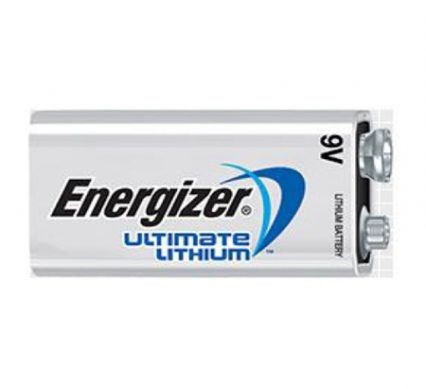Lithium-ion rechargeable batteries have become the cornerstone of modern technology, particularly in the realm of smart home devices and IoT solutions. Lithium-ion rechargeable batteries provide the necessary power and efficiency that enable these devices to function seamlessly, ensuring reliability and long-lasting performance.
Understanding Lithium-Ion Battery Definition
Lithium-ion batteries are a type of rechargeable battery commonly used in consumer electronics and electric vehicles. They are favored for their high energy density, low self-discharge rate, and capability to deliver high current. These attributes make lithium-ion batteries ideal for devices that require long-lasting power and efficient performance.
Enhanced Energy Density for Smart Home Devices
Smart home devices, such as security cameras, smart locks, and thermostats, rely heavily on consistent and reliable power sources. Lithium-ion rechargeable batteries offer a high energy density, which means they can store more energy in a compact size compared to other battery chemistries. This is crucial for smart home devices that are often designed to be small and unobtrusive yet powerful.
Low Self-Discharge Rates Ensure Readiness
One of the significant advantages of lithium-ion rechargeable batteries is their low self-discharge rate. Unlike other rechargeable batteries that lose their charge over time even when not in use, lithium-ion batteries retain their charge for longer periods. This is particularly beneficial for smart home devices and IoT solutions that need to be always ready to operate without frequent recharging.
High Discharge Current for Performance
Smart home devices and IoT applications often require bursts of high power for short durations. Lithium-ion batteries are capable of delivering high discharge currents, ensuring that these devices can perform demanding tasks efficiently. For example, a smart lock may need a sudden high current to operate its locking mechanism, which lithium-ion rechargeable batteries can supply without compromising performance.
Custom Lithium-Ion Battery Packs for Specific Needs
Manufacturers of smart home devices and IoT solutions often require customized power solutions to meet specific design and performance criteria. Custom lithium-ion battery packs can be tailored to provide the optimal voltage, capacity, and form factor required by different devices. Emerging Power, for instance, offers custom battery solutions with a variety of chemistries such as lithium cobalt oxide, lithium manganese, and lithium iron phosphate, each catering to different performance and safety needs.
Long Cycle Life for Sustainability
The longevity of batteries is a critical factor in the sustainability of smart home devices. Lithium-ion batteries have a long cycle life, meaning they can be charged and discharged many times before their capacity significantly degrades. This long cycle life reduces the need for frequent battery replacements, thereby lowering the environmental impact and total cost of ownership for smart home devices.
Integration with Energy Management Systems
Smart home systems often include energy management components that optimize the use of power within the home. Lithium-ion rechargeable batteries can be integrated with these systems to store excess energy generated from renewable sources such as solar panels. This stored energy can then be used to power smart home devices, enhancing energy efficiency and reducing reliance on the grid.
Ending Notes
Lithium-ion rechargeable batteries play a vital role in powering the growing market for smart home devices and IoT solutions. Their high energy density, low self-discharge rates, ability to deliver high discharge currents, and long cycle life make them the preferred choice for these applications. Custom battery packs tailored to specific needs further enhance their utility, while safety and reliability ensure their suitability for a wide range of environments and uses. As smart home and IoT technologies continue to evolve, lithium-ion rechargeable batteries will remain at the forefront, driving innovation and efficiency in these domains.

